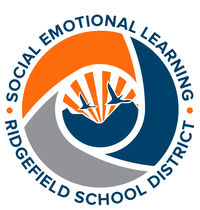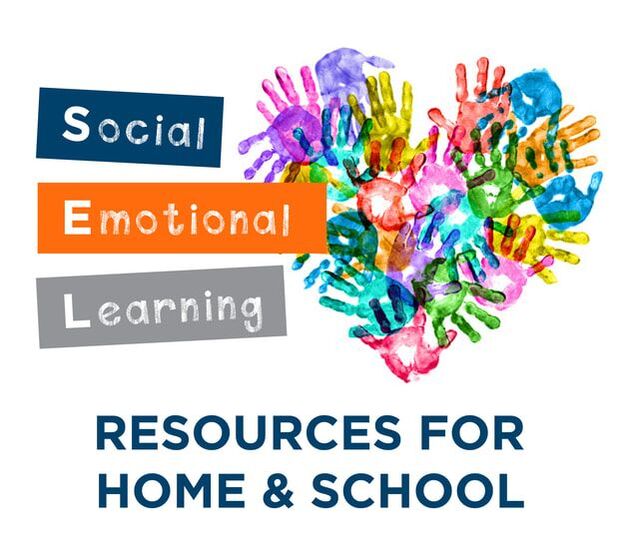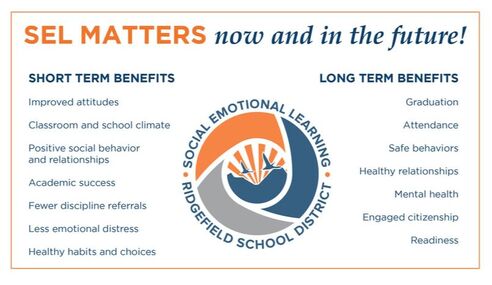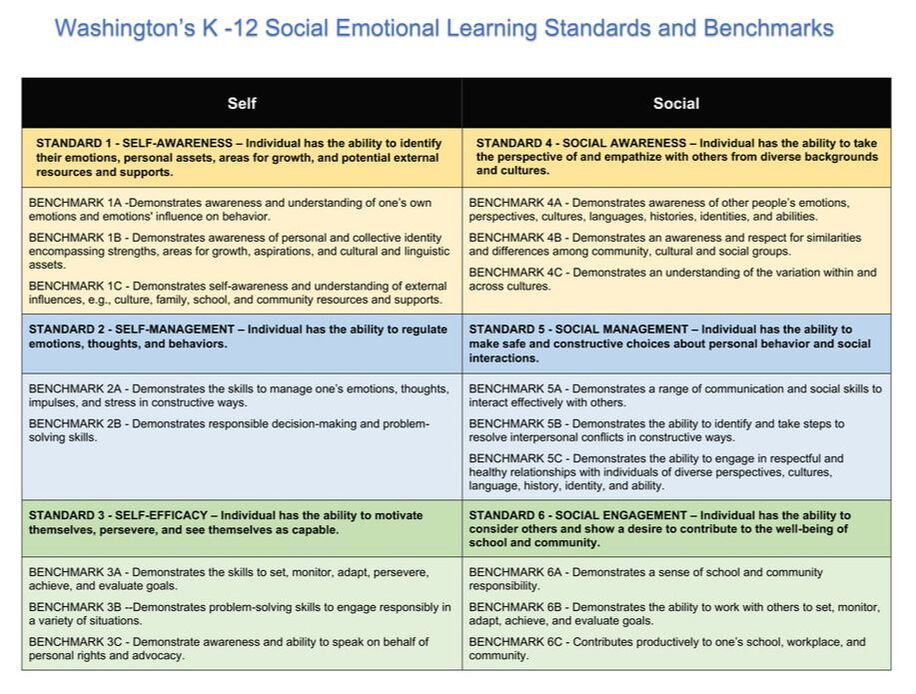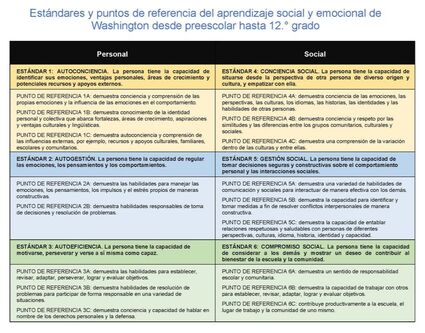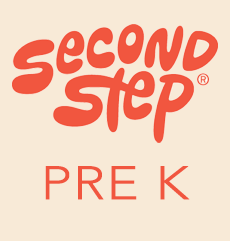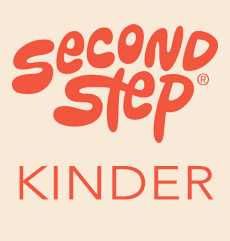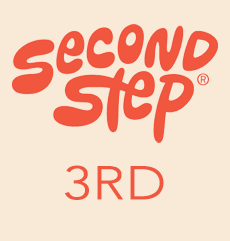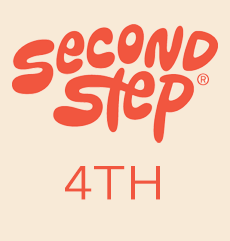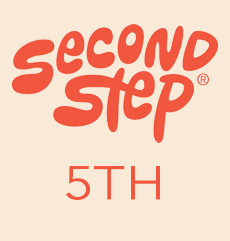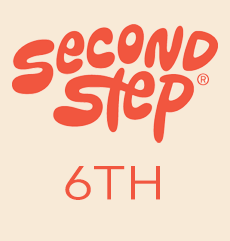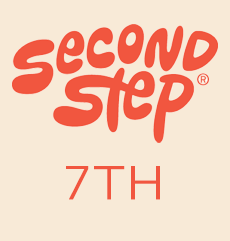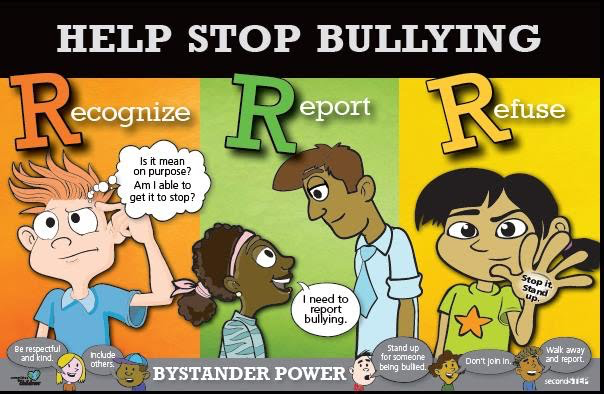Social Emotional Learning and COVID-19During the pandemic, our routines and sense of stability have been disrupted, making social emotional learning (SEL) more important than ever before. We are here to support you and your child’s social emotional learning, with a focus on instilling safety, connection, and hope.
Much of the information being shared by various education and social emotional learning organizations encourage educators and families to acknowledge that both children and adults may feel worried or stressed as they’re going through the school and work day. Providing opportunities to share and process emotions, providing consistency in daily routines, as well as creating new routines that promote healthy practices, and continuing social emotional learning practices help maintain a sense of emotional safety and support. To help support social emotional learning at home, please see the attached SEL resource guide-a self-paced resource divided into five sections, focusing on five primary SEL skills to support your child(ren) during this time. Learn more |
SOCIAL EMOTIONAL LEARNING
Ridgefield School District (RSD) strives to provide safe, inclusive, and supportive environments that nurture the well-being of the whole child. To help achieve this goal, RSD aligns with the Washington State Social Emotional Learning Standards and Benchmarks and provides explicit opportunities for students to develop SEL skills throughout the school day in a variety of ways. Social Emotional Learning is the process through which children understand and manage emotions, set and achieve positive goals, feel and show empathy for others, establish and maintain positive relationships, and make responsible decisions. |
WASHINGTON STATE'S SOCIAL EMOTIONAL LEARNING
STANDARDS AND BENCHMARKS
In 2019, the Washington Office of Superintendent of Public Instruction and the Social Emotional Learning Workgroup, comprised of statewide educators who reviewed national research and best practices regarding social emotional learning, finalized the Washington State Social Emotional Learning Standards, Benchmarks, and Indicators (SBIs). The purpose of the SBIs is to provide a framework identifying observable developmental milestones for students, recognizing that educators benefit from clear definitions of skills and dispositions articulating how learners develop social emotional competencies (OSPI, 2020).
RSD SEL CURRICULUM: SECOND STEP
To support the development of SEL skills, all schools Pre-K through 8th grade use the Second Step curriculum. Second Step is a classroom-based universal support and typically covers skills such as: skills for learning, goal setting, empathy, emotion management, and problem solving/peer conflict. The goal of Second Step is to increase students’ school success-socially, emotionally, behaviorally, and academically-and decrease problem behaviors by promoting social emotional competence and self-regulation skills. Click on the grade level below for grade specific curriculum and resources. Second Step also has a bullying prevention unit specifically designed to teach students how to Recognize, Refuse, and Report bullying behaviors.
IMPORTANCE OF CONNECTIONResearch indicates that positive school climate is a critical dimension of effective risk prevention, health promotion efforts and learning. Reviews of the research show effective risk prevention and health promotion efforts are correlated with safe, caring, participatory, and responsive school climates. One of the fundamentally important dimensions of school climate is relational, i.e., how connected people feel to one another in school, and the nature of the school-family-community partnerships. In fact, “school connectedness,” or the extent to which students feel attached to at least one caring and responsible adult at school, is an area of increased attention among risk prevention and school climate researchers. School connectedness is a powerful predictor of adolescent health and academic outcomes, violence prevention and is a protective factor against risky behaviors. When schools, families, and community groups work together to support learning, children tend to do better in school, stay in school longer, and like school more. |
| ||||||||||||||||
